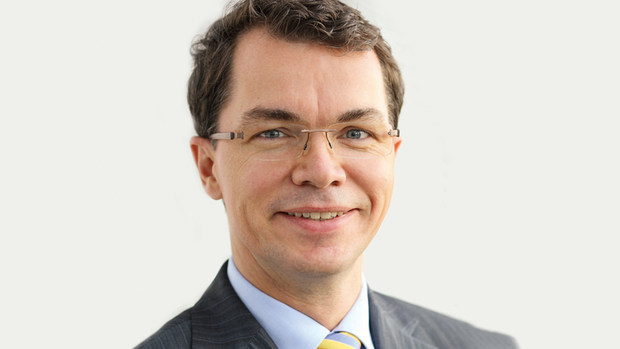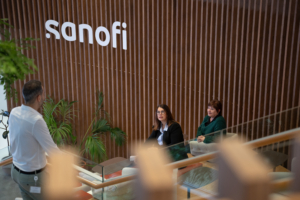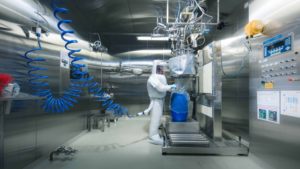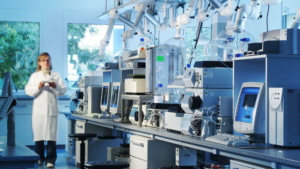
Carsten Thiel: In biosimilars, don’t do ‘more’ just get it right
Biosimilar products are not generic medicines, nor are they identical to their reference product or each other. Instead, they are similar versions of well-established recombinant proteins with well-characterised structures and pharmacology. All biologics (biosimilars and reference products) have complicated safety and immunogenicity profiles.
So far only three classes of biosimilar have been approved for use in the EU (somatropins, epoetins and GCSFs), but a second generation of biosimilars is on the way that focuses on more complicated molecules such as monoclonal antibodies and fusion proteins to help patients fight diseases like RA and cancer. This has been made possible by the EU’s science-led regulatory framework, which has established confidence in the quality of existing biosimilars. Various biosimilars are currently in different stages of clinical development and regulatory approval in the EU, and biosimilar regulatory pathways are also in place in countries like Canada, the US and Australia.
Biosimilars have been providing alternative therapeutic choices for European patients and physicians since 2006. The European Commission recently completed an exhaustive study on the introduction of biosimilars into European medical practice, and determined that their availability is helping increase market competition.
Although the available commercial data says otherwise, some claim biosimilars have had a disappointing introduction, and that regulators and politicians need to do more’ to spur their uptake. As a representative for a company developing several biosimilar medicines, I tend to disagree. It’s important to let the market decide, and ensuring patient safety should be the foremost concern for both governments and the biosimilars industry.
There have been significant advances in our ability to use analytics to better understand the biology of both reference product and biosimilar. However, we haven’t yet (and may never) reach a stage where biosimilars should not be absolutely required to exhibit fidelity to their reference products and be rigorously evaluated in analytical, non-clinical and clinical comparisons.
The industry has an obligation to take proactive steps to be accountable to providers and patients for product quality. For example, all stakeholders, manufacturers, regulators and healthcare professionals should embrace pharmacovigilance and naming systems that allow all biologics to be properly identified and traced in cases of adverse events. The EU’s pharmacovigilance legislation addresses this, and will help instill further confidence in the field.
It’s evident that high-quality, reliably supplied biosimilars can offer additional choices to patients and other key stakeholders, although development and supply of these complex medicines is scientifically challenging and capital-intensive. We now know manufacturers need significant expertise, infrastructure and capital to successfully develop these molecules.
The healthcare community, industry and regulators have a key opportunity to work as partners to ensure appropriate standards for these products are maintained. As we at Amgen move forward with developing our own portfolio, we know our experience is critical in a field where patient safety and reliability of supply are paramount concerns.
Carsten Thiel
is the Vice President and Regional General Manager of Amgen Europe. He joined the European oncology franchise in 2002, and held the post of General Manager for Amgen’s Central and Eastern European operations from 2006-2007 before taking up duties as General Manager in Germany from 2007-2010. He moved to his current post in 2011.


 ©FabienMalot
©FabienMalot Lonza Group
Lonza Group Vetter Pharma
Vetter Pharma